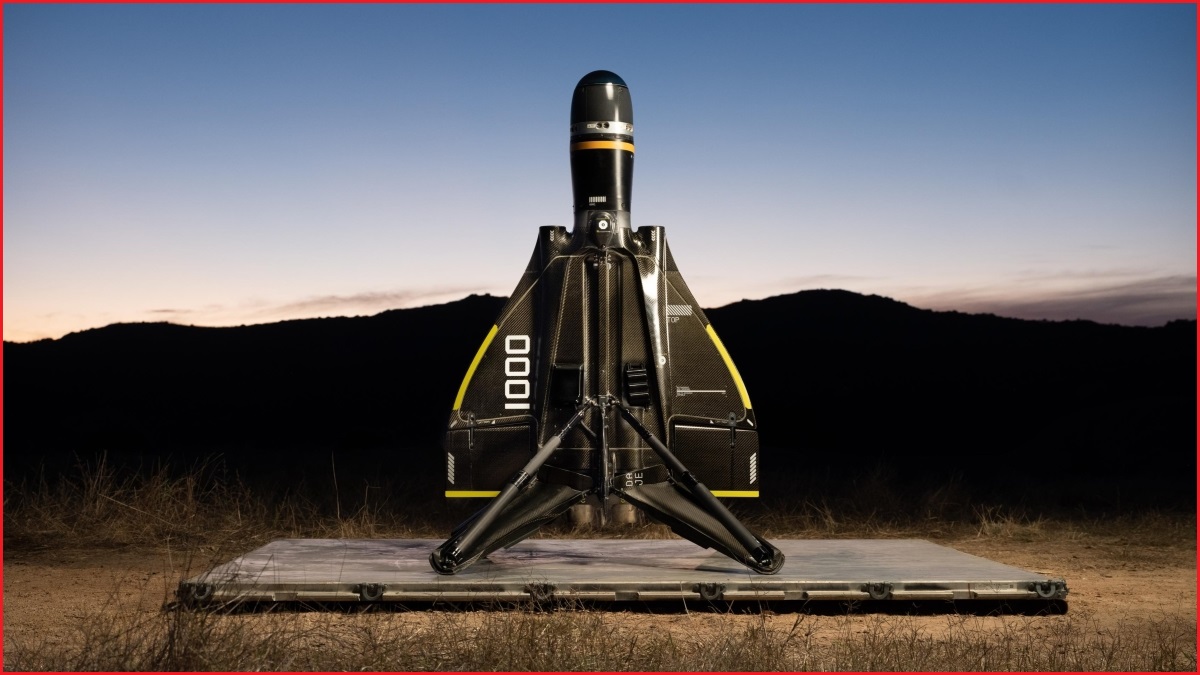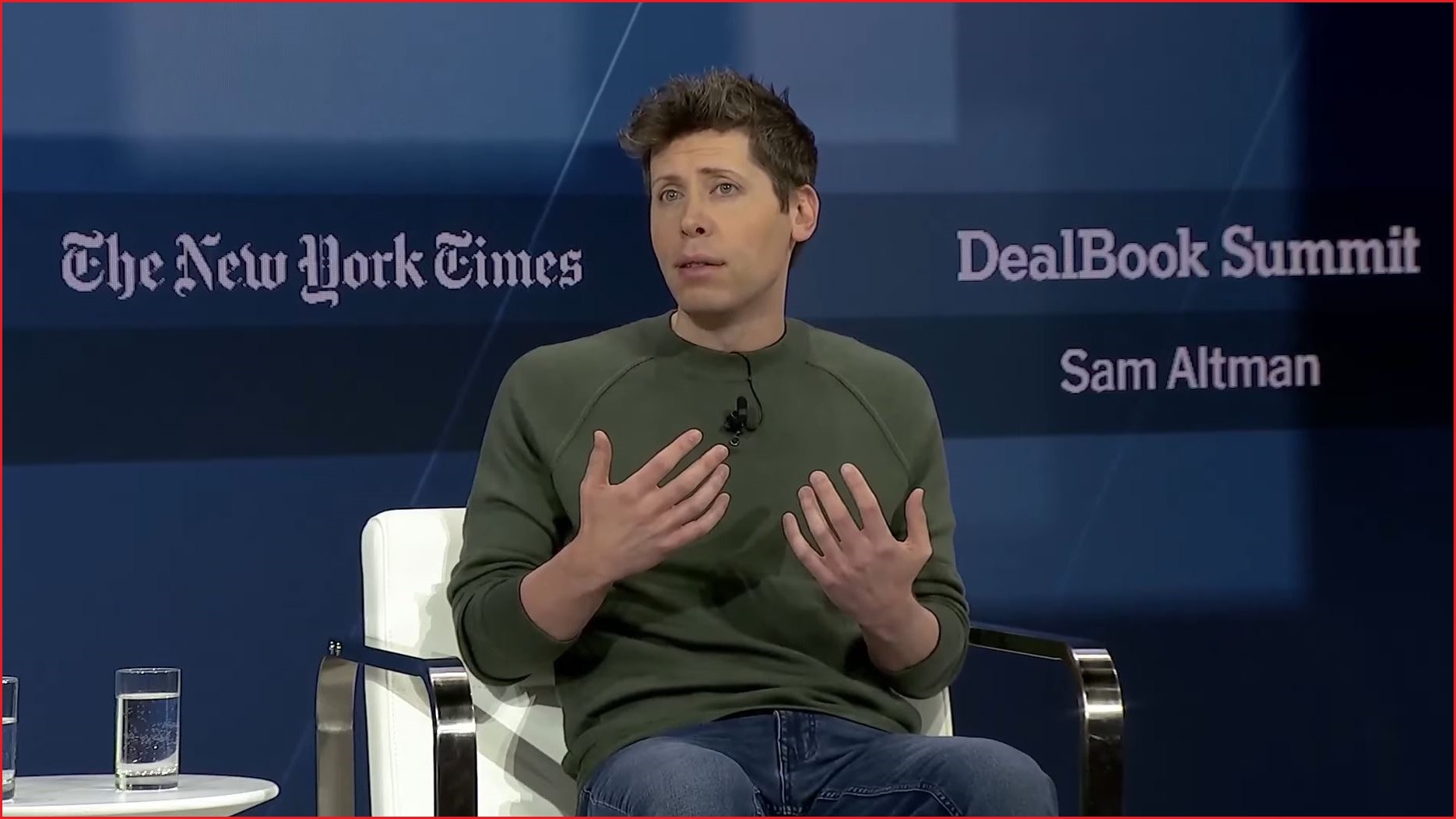ChatGPT creator OpenAI has announced a partnership with defence technology company Anduril Industries to “develop and responsibly deploy advanced artificial intelligence solutions” for the US military to protect against drone and other aerial attacks.
The deal comes after OpenAI removed language from its usage policy in January which had prohibited its technology from being used for military purposes.
The partnership is the latest in a series of defence agreements US technology firms have made in recent years, including Meta allowing US defence agencies and partners to use its AI software, and Google and Amazon’s deals with US and Israeli militaries.
OpenAI and Anduril said their partnership would focus on counter-unmanned aircraft systems (CUAS) and “their ability to detect, assess and respond to potentially lethal aerial threats in real-time".
The partnership would couple OpenAI’s AI models with Anduril’s defence systems and software platform, the companies said.
The use of AI would “reduce the burden on human operators, and improve situational awareness”, they added.
“OpenAI builds AI to benefit as many people as possible, and supports US-led efforts to ensure the technology upholds democratic values," said OpenAI's CEO, Sam Altman.
"Our partnership with Anduril will help ensure OpenAI technology protects US military personnel, and will help the national security community understand and responsibly use this technology to keep our citizens safe and free."
The US Department of Defense already has deals to purchase Anduril’s CUAS drone interceptor called Roadrunner (pictured above), but the company also makes surveillance towers, underwater vehicles, and solid rocket motors.
Anduril was founded by entrepreneur Palmer Lucky, who previously founded virtual reality firm Oculus, which was acquired by Facebook in 2014 for $US2 billion.
OpenAI CEO Sam Altman says the company supports efforts to ensure AI 'upholds democratic values'. Image: New York Times Events / YouTube
‘A pivotal moment’ in the AI race
OpenAI and Anduril described their partnership as coming at “a pivotal moment” amid an “accelerating race between the United States and China to lead the world in advancing AI”.
“If the United States cedes ground, we risk losing the technological edge that has underpinned our national security for decades,” the companies said in a statement.
“The decisions made now will determine whether the United States remains a leader in the 21st century or risks being outpaced by adversaries who don’t share our commitment to freedom and democracy and would use AI to threaten other countries.”
A report released in September by government-backed thinktank the Australian Strategic Policy Institute (ASPI) found China led the world in around 90 per cent of critical technology research and had continued to extend its lead over the US.
OpenAI and Anduril said their work would be trained on Anduril’s library of data on CUAS threats and would be “subject to robust oversight” when it came to safety and ethics.
Speaking at the The New York Times DealBook Summit on Wednesday, Altman suggested that the world achieving AGI — artificial general intelligence, in which systems reach human-levels of intelligence — would happen “sooner than most people in the world think” but would “matter much less” than he has previously stated.
"A lot of the safety concerns that we and others expressed actually don’t come at the AGI moment,” he said.
“AGI can get built, the world goes on mostly in the same way, the economy moves faster, things grow faster, but then there is a long continuation from what we call AGI to what we call super intelligence [when AI systems are more advanced than humans].”
Altman said OpenAI planned to show off a series of new products, features, and demos over a 12-weekday “Shipmas” period beginning 5 December in the US.











